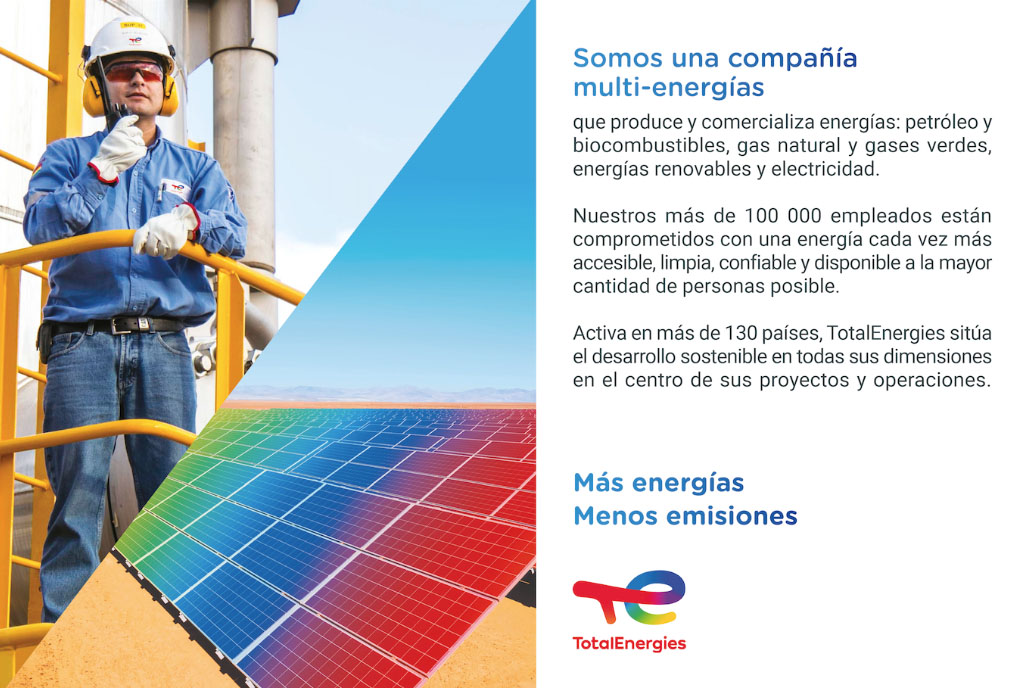The Team Europe will mobilize 300 billion euros in investments for sustainable projects, taking into account the needs of partner countries during the period 2021-2027, within the framework of the strategy called GLOBAL GATEWAY.
ISSUE 130 | 2024
Raúl Serrano
Since 1995, Bolivia has had access to over 1 billion euros in non-reimbursable funds from the EU alone (excluding contributions from Member States). This represents the largest non-reimbursable contribution in all of South America. However, non-reimbursable funds are not sufficient to meet Bolivia’s new development challenges, said Jorge Salguero during his speech at the CAEE 2024 at the Marriott Hotel in Santa Cruz de la Sierra.
He stated that, globally, the necessary investment to achieve the United Nations Sustainable Development Goals (SDGs) is not being met. Within this context, he indicated that Team Europe will mobilize 300 billion euros in investments for sustainable projects, considering the needs of partner countries during the 2021-2027 period, under the Global Gateway strategy.
He explained that Global Gateway is the European strategy to promote smart, clean, and secure links in the digital, energy, and transport sectors, as well as to enhance health, education, and research systems worldwide.

…investment in Bolivia is focused on Reimbursable Funds, Sovereign Loans, and ideally in the near future, Private Investment.
He assured that the EU’s assistance for sustainable development guarantees 40 billion euros in non-reimbursable funds in the form of investment guarantees. He explained that, of this total, 26.7 billion euros are for sovereign loans and 13 billion euros as guarantees for European banks to help private companies invest in Bolivia, highlighting that an agreement is possible not only at the bilateral level.

WHAT THE EU OFFERS
Jorge Salguero stated that Team Europe in Bolivia offers to invest more in renewable energies, opening the doors to all private investors interested in developing such projects. He specified that they not only coordinate but also delegate the EU’s non-reimbursable funds to Member State agencies and the European Investment Bank (EIB) to leverage investments, both sovereign and private, in projects such as the Oruro Photovoltaic Plant (290 MEUR), wind parks, and other multiple technical assistances in this field.
Regarding lithium, he noted that the goals of the EU and Bolivia are “aligned” as the country has shown interest in collaborating in lithium production, and assured that technical conversations are ongoing. He added that the goal is to mobilize knowledge, technology, and financing in the medium term.
He assured that “to enable the necessary investment, we are in full dialogue on how to leverage sovereign loans with the Government and also private investment for the sustainable production of ‘green lithium,’ in line with Bolivia’s development goals.”
In this context, the EU delegate at the CAEE specified that investment in Bolivia is focused on Reimbursable Funds, Sovereign Loans, and ideally in the near future, Private Investment.
Jorge Salguero is the water, sanitation, and energy program officer at the European Union delegation in Bolivia. He is a civil engineer with an international MBA in infrastructure sector companies. He has extensive experience in planning, managing, coordinating, and supervising multidisciplinary projects and teams in both public and private sectors. He participated in the CAEE with the topic: “financing systems and investment incentives in the lithium and renewable energy sector – EU Global Gateway case.”

